Apple has indicated to a Wisconsin court that it is willing to pay Google-owned Motorola Mobility to license standard-essential wireless patents, but it will not pay more than $1 per iPhone sold.
The admission by Apple marks the first time the company has indicated it would license standard-essential patents from Motorola, according to Florian Mueller of FOSS Patents. Apple said that if the court sets a FRAND rate at or below $1, the company will take a license and start paying Motorola immediately.
But if the court sets a royalty rate higher than $1 per iPhone, Apple has signaled that it will appeal the decision and make it more difficult for Motorola and Google to collect.
"Motorola cannot offer evidence at this trial that the rate should be higher than $1 per phone, but to the extent the Court sets the rate higher than $1 per unit, Apple reserves the right to exhaust all appeals," Apple's filing reads, "and needs also to reserve the right available to any party offered a license: the right to refuse and proceed to further infringement litigation. Make no mistake, that is not an outcome Apple desires."
The new details come five days ahead of the start of the FRAND contract trial in the Western District of Wisconsin. In that trial, Apple intends to employ expert testimony and "copious real-world evidence — including Motorola's contemporaneous licenses — that establishes a ceiling for the FRAND rate Motorola could charge Apple for Motorola's worldwide portfolio."
The rate Apple has said it is willing to pay is significantly lower than the 2.25 percent of Apple's sales that Motorola seeks for standard-essential patents. Mueller, an intellectual property expert, said he doesn't expect Motorola to "ever" receive a payout that large.
"Apple's '$1 maximum' position may be justified from a FRAND point of view (I guess it is)," Mueller wrote, "but such a deal wouldn't give Google the strategic leverage over Apple that it hoped to get when it paid $12.5 billion for Motorola Mobility."
 Katie Marsal
Katie Marsal








 Christine McKee
Christine McKee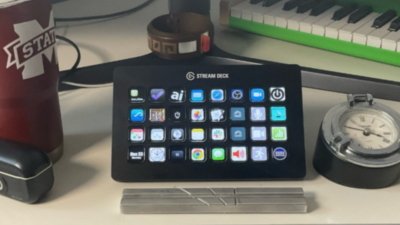
 William Gallagher
William Gallagher
 Amber Neely
Amber Neely
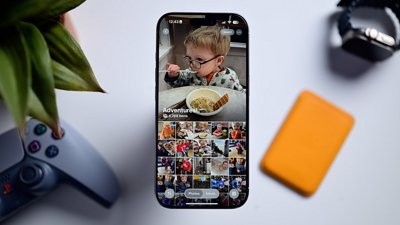
 Andrew O'Hara
Andrew O'Hara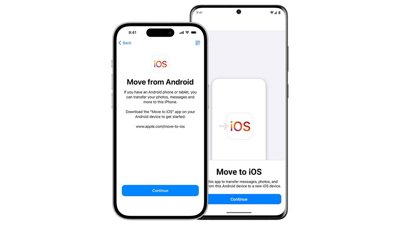

 Sponsored Content
Sponsored Content
 Charles Martin
Charles Martin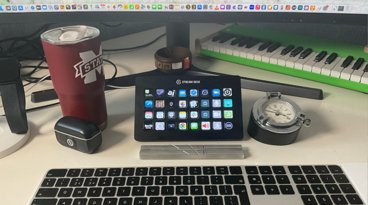

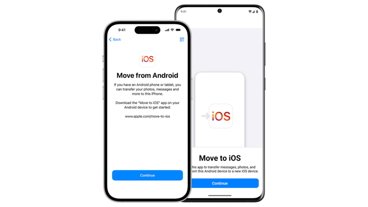






61 Comments
Huh. Wonder how well it'll fly when Samsung follows suit and dictates to the court what penalties it's willing to pay, cuz that's apparently the world we live in now.
LOL @ Google. Those dirty bastards trying to cheat companies (read: Apple) using FRAND patents. I hope google get's their assess sued or that they get fined for unfair business practices.
not sure what the problem is. Google will get back their ROI back when Apple ships 12.5 billion iPhones. Just have to sell two iPhones to every single person on the planet.
[quote name="Cash907" url="/t/153941/apple-tells-court-it-would-pay-no-more-than-1-per-iphone-to-license-motorola-patents#post_2223939"]Huh. Wonder how well it'll fly when Samsung follows suit and dictates to the court what penalties it's willing to pay, cuz that's apparently the world we live in now.[/quote] Licensing Fee != Penalty
"Motorola cannot offer evidence at this trial that the rate should be higher than $1 per phone, but to the extent the Court sets the rate higher than $1 per unit, Apple reserves the right to exhaust all appeals," Apple's filing reads, "and needs also to reserve the right available to any party offered a license: the right to refuse and proceed to further infringement litigation. Make no mistake, that is not an outcome Apple desires."
"Apple's '$1 maximum' position may be justified from a FRAND point of view (I guess it is)," Mueller wrote, "but such a deal wouldn't give Google the strategic leverage over Apple that it hoped to get when it paid $12.5 billion for Motorola Mobility."
This is what is meant by "Thermonuclear."
Good on ya, Tim. :)